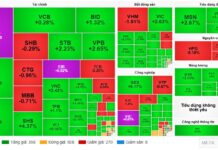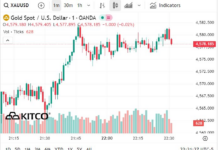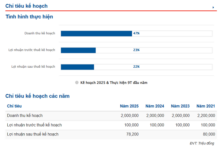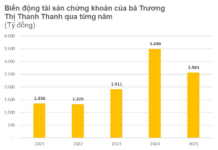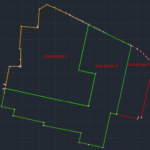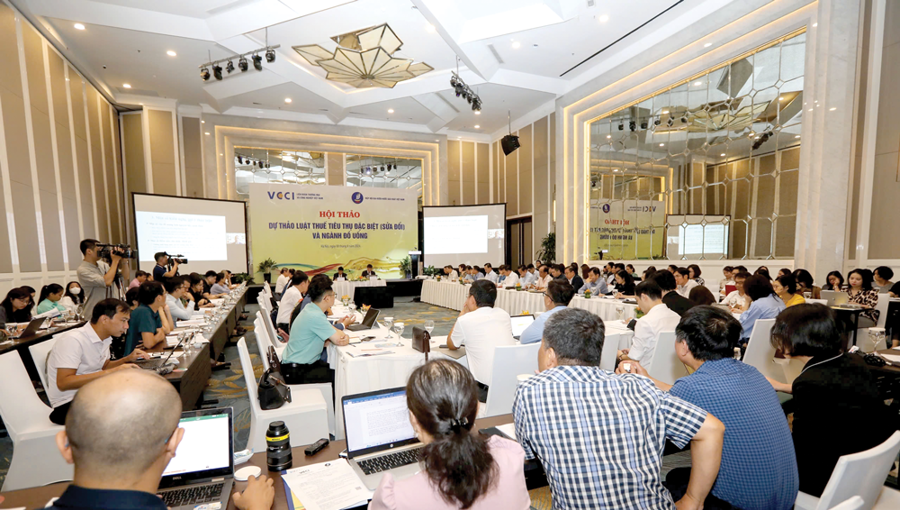Response to Voters’ Petition in Dong Nai Province Regarding Electricity Pricing
Previously, voters in Dong Nai Province proposed a review of residential electricity pricing, suggesting a shift from the current tiered pricing structure to a time-of-use model, differentiating between peak and off-peak hours to protect consumers’ interests.

Ministry of Industry and Trade responds to voters’ proposal on time-based electricity pricing instead of tiered rates.
Addressing this proposal, the Ministry of Industry and Trade (MOIT) highlighted the unique nature of electricity as a commodity, where production and consumption occur simultaneously, and electricity storage is costly. In practice, the power sector prioritizes the utilization of power plants with lower prices, meeting customer demand efficiently.
Many countries worldwide, including advanced economies such as Japan and South Korea, and regional peers like Thailand, Malaysia, Indonesia, and the Philippines, employ tiered electricity pricing similar to Vietnam. This design aims to encourage efficient and economical electricity usage among households, with higher tiers incurring higher prices.
The implementation of tiered pricing for residential electricity in Vietnam over the years has proven to be straightforward and effective in promoting energy conservation and efficient usage.
MOIT Explains the Rationale Behind Tiered Electricity Pricing for Residential Consumers
Referencing the Law on Electricity, MOIT cited the provision on “time-of-use electricity pricing, including peak, off-peak, and normal hours,” applicable to eligible customers. For residential customers, tiered pricing is applied, with higher tiers corresponding to higher prices for those not eligible for or choosing not to participate in the competitive electricity market.
The Law on Electricity stipulates that the level of market development determines the appropriate pricing mechanism for residential customers.
In line with this, the Prime Minister’s Decision 14, issued on May 29, streamlined the electricity price tiers from the current six levels to five. The prices for tiers 1-5 are set at 90%-180% of the current average retail electricity price (currently VND 2,204.0655/kWh, excluding VAT). Based on the current rates, the first tier would be approximately VND 1,984/kWh, while the highest fifth tier would be VND 3,967/kWh.
The first tier now covers households consuming less than 100 kWh, a significant increase from the current threshold of 50 kWh. The highest tier starts from 701 kWh and above.
This decision will take effect from the date of the upcoming adjustment in the average retail electricity price.
“Proposed Residential Electricity Pricing: Time-of-Use Tariffs vs. Tiered Rates – The Ministry of Industry and Trade Responds”
“Vietnam’s Ministry of Industry and Trade has responded to a proposal from the Dong Nai Provincial National Assembly Delegation regarding a suggested revision to residential electricity pricing. The proposal advocates for a new structure where electricity rates are varied according to the time of use.”
The Soaring Electricity Bill: Unraveling the Mystery
The current tiered electricity pricing structure, with its significantly higher rates for each progressive tier (a 4.8% increase from the average retail price), has been criticized by experts for causing a spike in electricity bills during hot seasons. Furthermore, the delayed removal of cross-subsidization has resulted in ordinary citizens bearing the burden for electricity-intensive businesses and foreign-invested companies.
The Power of Persuasion: Reforming Electricity Pricing
The newly passed Electricity Law by the National Assembly introduces groundbreaking changes to the industry. Notably, electricity prices will now be determined by market forces, a significant shift towards a more dynamic and responsive energy sector.


